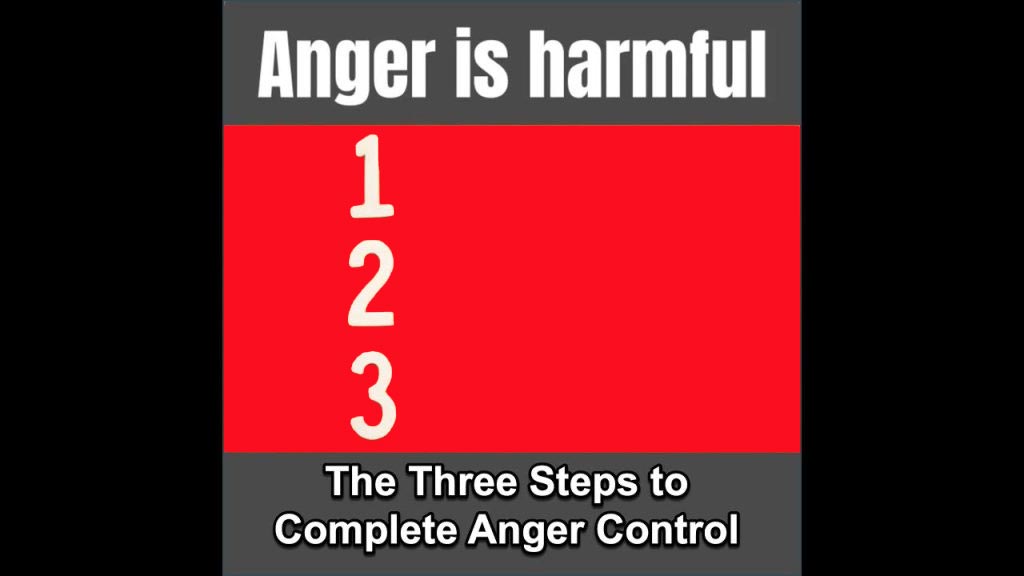Relationship mistakes damage your relationship. Learn to heal, reconcile, and fix a broken marriage or committed relationship caused by past mistakes.
Marriage or committed relationship repair is occasionally necessary even in the most successful relationships. Just as healthy people occasionally get sick. So too, good marriages and committed relationships sometimes ‘get sick’ and need healing.
Everyone, including you and me, makes mistakes. Sometimes these mistakes are small and sometimes they are catastrophic.

When a mistake is big and has severely hurt your partner, it is necessary to engage in a formal process of healing. Without this healing, relationship wounds can, so to speak, become infected and spread to all areas of your relationship. When this happens, it becomes much more difficult to correct the initial problem and all the additional problems caused by inaction.
The following is a guideline to help you and your partner recover from serious relationship mistakes that threaten the well-being and longevity of your marriage or committed relationship.
Examples of serious relationship mistakes:
- Intense anger expressions directed at your partner or children
- Ignoring or neglecting your partner
- Not financially contributing to the family
- Contributing to a sexless marriage or committed relationship
- Being a substance abuser
- Irresponsible gambling
- Infidelity
- Abuse
Making amends for past relationship mistakes not only contributes to repair and reconciliation but also reduces the likelihood of future mistakes.
Note: If these ‘relationship mistakes’ are still occurring, it is not possible to make amends. Genuine regret and remorse cannot be sincere if the bad behavior is still occurring.
Certainly, you may regret that the bad behavior is continuing and that your partner is being hurt. However, your partner cannot be expected to forgive you or take your feelings of remorse seriously if the bad behavior is still present.
Complete and effective relationship repair and reconciliation can only occur when the bad behavior is in the past and it remains there. Should this be difficult to achieve, it is recommended that the offender get outside help to assist in stopping all manifestations of the destructive relationship mistakes.
Once the hurtful and offensive behavior has ceased, the offender can then approach his or her partner to work toward repair, reconciliation, and forgiveness.
Fix A Broken Marriage With This Relationship Mistakes Exercise
The following guidelines will inform you how you need to ‘think and act’ regarding your past bad behavior if you want your partner to forgive you:
1. Education Unless you know what your relationship mistake has been you will not be able to stop it. The following are some effective ways to learn more about what you have done that has hurt your partner:
- With large doses of humility and curiosity, ask your partner to tell you about his or her experience being around your ‘bad behavior.’ Take notes so you will remember what you are told.
- Read books and articles on the topic you need to learn about.
- Go for therapy with a qualified professional.
- Join a group of individuals who have challenges similar to you. Learn you are not alone and experience how each of you can support one another.
- Engage in a religious/spiritual discipline to help you find the strength to stay on the ‘right path’ and to contribute to your partner’s healing.
2. Responsibility An essential component of relationship repair and reconciliation is taking full responsibility for how you have hurt your partner.
Don’t blame someone else such as your wife/girlfriend or husband/boyfriend for YOUR ‘bad behavior.’
If you do blame someone for your relationship mistake, what you are saying is that another person is controlling you — that they determine your behavior. If you take this position, essentially you are saying, “I CAN’T CONTROL MYSELF — MY GOOD BEHAVIOR IS DEPENDENT ON SOMEONE ELSE.”
This is an unacceptable position. This position will cause you to fail in your efforts to stop your bad behavior. Your partner knowing that this is what you believe — that someone else is responsible for your ‘good or bad behavior’ — will have NO confidence in your ability to correct the problem. They realize that any ‘forgiveness’ from them would be a mockery since relationship mistakes that are ongoing or will probably reoccur cannot be forgiven.
3. Apologize Tell your partner you are sorry for your bad behavior. Itemize what you have done so your partner knows what you are sorry for.
Don’t give too many explanations for what happened as your partner may interpret this to mean you are not taking responsibility.
Ask your partner what you can do to make amends — if there is some act or set of behaviors that will acknowledge the past wrong or help heal him or her from the pain you have caused.
4. Patience Be patient with your partner. Just because you have stopped hurting your partner does not mean your partner’s pain has ceased. Healing relationship wounds, just like physical wounds, takes time.
Be sensitive to your partner’s feelings and needs. He or she may want to talk about what happened or may not to talk about it. Let your partner lead the way regarding the criteria necessary to heal.
Ask your partner: What do I/we need to do to contribute to your healing and make amends for what I have done?
Take notes when your partner tells you what he or she needs from you to heal. This is your relationship repair map and you may get only one opportunity to get the information you need.
5. Self-examination Examine yourself to learn the cause of your past bad behavior. Knowing why you have behaved the way you have in the past will help you understand why you did what you did and may offer useful clues that will help reduce the likelihood that the bad behavior will reoccur.
Ask yourself the question: “Why did I behave badly and allow my bad behavior to hurt my valued partner?” Answer honestly. This is an essential step in the healing process.
6. Feedback Ask your partner to tell you if they notice any backsliding that may indicate a return of the ‘problem.’
Thank your partner for their feedback. Certainly don’t interpret this ‘feedback’ as criticism and get upset or angry. We all have blind spots — aspects of our behavior — that only others see.
If your partner is kind and supports you in your effort to be better, then acknowledge his or her efforts and don’t react negatively.
7. Forgiveness After you have spent some time working on taking responsibility for having hurt your partner, and you have shown remorse and are committed to not repeating the same relationship mistake in the future, you can then ask your partner to ‘forgive you.’
Tell your partner exactly what you are asking him or her to forgive you for. This is essential to avoid a misunderstanding that may leave you unforgiven and you and your partner polarized. Spell out exactly what you did and ask for forgiveness for each item.
Should your partner forgive, be grateful.
If you are not forgiven, humbly accept your fate without protest.
Healing cannot be rushed.
Also, there is a time lag between your positive intentions and accomplishments and your partner noticing a REAL change for the better that will eventually lead to his or her confidence that the future will be better.
Forgiveness can only be genuine when your partner envisions a positive future with you! And this takes time…
Remember, you can always wait a reasonable amount of time and request forgiveness again. Requests for forgiveness often must be repeated many times before the forgiveness is granted.
8. Gratitude Be grateful your partner is giving you a chance to repair the damage, contribute to their healing, and reconcile. Your partner is not obligated to do so. It is a choice that he or she is making.
When you get a ‘second chance,’ be grateful!
Verbalize your gratitude. Your partner needs to hear with his or her ears your appreciation for having been given an opportunity, after having corrected the bad behavior, to build a healthy and loving relationship.
If you have difficulty in carrying out the above behaviors, consider finding a caring relationship professional to help you.
It may cost you money to hire the right person. However, think! — your family is everything. It is worth going into debt to make sure your marriage or committed relationship and family are healthy.
Below are resources where you can find professional, qualified relationship specialists.
- American Association for Marriage and Family Therapy
- Canadian Association for Marriage and Family Therapy
- Surviving Infidelity Recovery Specialist
For more relationship-building worksheets visit the Relationship Healing Toolbox




